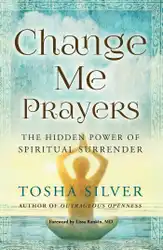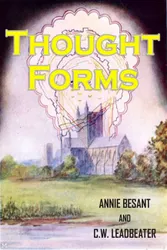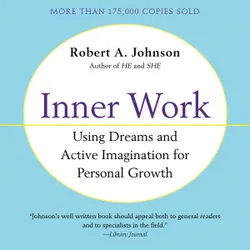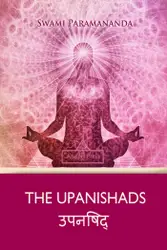The Upanishads represent the loftiest heights of ancient Indo-Aryan thought and culture. They form the wisdom portion or Gnana-Kanda of the Vedas, as contrasted with the Karma-Kanda or sacrificial portion. In each of the four great Vedas—known as Rik, Yajur, Sama and Atharva—there is a large portion which deals predominantly with rituals and ceremonials, and which has for its aim to show man how by the path of right action he may prepare himself for higher attainment. Following this in each Veda is another portion called the Upanishad, which deals wholly with the essentials of philosophic discrimination and ultimate spiritual vision. For this reason the Upanishads are known as the Vedanta, that is, the end or final goal of wisdom (Veda, wisdom; anta, end). The name Upanishad has been variously interpreted. Many claim that it is a compound Sanskrit word Upa-ni-shad, signifying "sitting at the feet or in the presence of a teacher"; while according to other authorities it means "to shatter" or "to destroy" the fetters of ignorance. Whatever may have been the technical reason for selecting this name, it was chosen undoubtedly to give a picture of aspiring seekers "approaching" some wise Seer in the seclusion of an Himalayan forest, in order to learn of him the profoundest truths regarding the cosmic universe and God. Because these teachings were usually given in the stillness of some distant retreat, where the noises of the world could not disturb the tranquillity of the contemplative life, they are known also as Aranyakas, Forest Books. Another reason for this name may be found in the fact that they were intended especially for the Vanaprasthas (those who, having fulfilled all their duties in the world, had retired to the forest to devote themselves to spiritual study).

Punarnava - New Again
Sri Sri Ravishankar
book
Forgiveness : The Greatest Healer of All
Gerald G. Jampolsky
book
Shiva Sutras
Sri Sri Ravishankar
book
The Complete Vision Board Kit: Using the Power of Intention and Visualization to Achieve Your Dreams
John Assaraf
book
Self Mastery Through Conscious Autosuggestion
Émile Coué
book
Change Me Prayers : The Hidden Power of Spiritual Surrender
Tosha Silver
book
Thought-Forms
Annie Besant, C. W. LEADBEATER
book
How to Become The Master Of Your Own Fate - 30 Book Collection
Niccolò Machiavelli, James Allen, William Walker Atkinson, Orison Swett Marden, Benjamin Franklin, Thorstein Veblen, Kahlil Gibran, P. T. Barnum, Marcus Aurelius, Wallace D. Wattles, Lao Tzu, Russell Conwell, Henry Harrison Brown, Émile Coué
book
Train Your Brain to Get Thin : Prime Your Gray Cells for Weight Loss, Wellness, and Exercise
Melinda Boyd, Michele Noonan
book
Living The Mystery of Life
Sri Sri Ravishankar
book
Aksha Malika Upanishad
Munindra Misra
book
Inner Work : Using Dreams and Active Imagination for Personal Growth
Robert A. Johnson
audiobook


